Prepositions of Time: In/On/At || Learn English Grammar
3
About :
[ Original Content - https://www.dansenseienglish.com/grammar/in-on-at-time/]
Using in, on and at in English can be very difficult to get right. If you get them wrong, it can be a bit confusing for the people you are talking to. You don’t need to worry though, because by the end of this lesson, you will know how to use in, on and at to talk about time in English.
WHAT ARE PREPOSITIONS OF TIME?
Prepositions are used to tell the listener the connection between two nouns. They tell the listener how the two things are related and the relationship could be related to time or it could be related to location. Prepositions usually go before a noun or pronoun and tell us the extra details.
Today, we are only talking about in, on and at (because these are the trickiest ones) but here is a list of other common prepositions.
above, about, across, against, along, among, around, before, behind, below, beneath, beside, between, beyond, by, down, during, except, for, from, inside, into, like, near, of, off, since, to, toward, through, under, until, up, upon, with, within.
WHAT IS THE DIFFERENCE BETWEEN IN, ON AND AT?
There are some simple rules that I can tell you that will help you choose the correct preposition most of the time. Take a look at these rules.
- In is used to talk about long periods of time. This can be centuries, decades, years, seasons and months.
- On is used to talk about more specific periods of time like days and dates.
- At is used to talk about very specific periods of time like hours in the day.
**EXAMPLES USING IN, ON AND AT. **
Here are some example sentences so you can see how we use in, on and at.
My birthday is in October.
I was born in 1993.
I love eating ice cream in summer.
I have a meeting on Friday.
Let’s have a party on New Years Eve
I am going to Tokyo on the 27th.
I wake up at 6:30 every day.
I will visit my friends at Christmas.
What are you doing at the weekend?
ARE THERE A LOT OF EXCEPTIONS FOR IN, ON AND AT?
Well, the short answer is yes. Additionally, the general rules above will help you get it right a lot, but you also need to learn about the exceptions that don’t follow those rules. If you really want to master these propositions of time, check out these exceptions and be careful not to make these mistakes.
ON THE WEEKEND OR AT THE WEEKEND?
The answer will depend on where you are from. In the UK we say at the weekend, whereas in the US, they say on the weekend.
Also, if we are talking about when an event will be held, we usually use on the weekend. For example:
Download festival is being held on the last weekend in May.
TIMES OF THE DAY.
When we are talking about times of the day, the prepositions can seem a bit random. It is better to think of these following sentences as fixed expressions rather than trying to understand why each preposition is used.
We say:
- In the morning
- At breakfast
- In the afternoon
- At lunchtime
- On my lunch break
- In the Evening
- At Dinner
- At Night
AT NIGHT OR IN THE NIGHT?
Previously, I said it is “at night” but this isn’t always true. Check out these examples:
- Recently, I keep waking up in the night to go to the toilet.
- I like to go to the supermarket at night because it is less crowded.
As you can see a different preposition is used each time so when we are talking about nights in general, we use at night. If we are being more specific about which nights, we will use in the night.
DO WE ALWAYS USE IN ON AND AT WITH TIME EXPRESSIONS?
No we don’t. We skip in, on and at when we use other words in the sentence because we don’t need two time expressions. The words to look out for are:
- each,
- every,
- next,
- last,
- some,
- this,
- that,
- one,
- any,
- all.
That means if you see these words in the time expression, you don’t need to add in, on or at. For example
I go shopping on every weekend = I go shopping every weekend.

GET YOUR STUDY HACKS GUIDE: https://www,dansenseienglish.com/studysquad
Tags :
Their limit for today is $0!


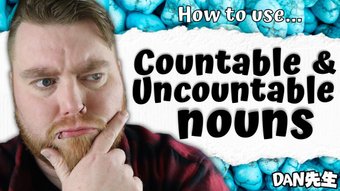






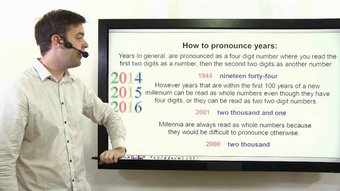

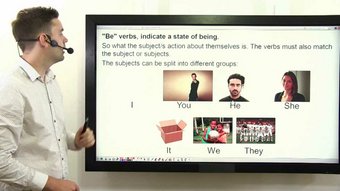

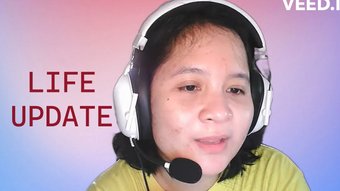
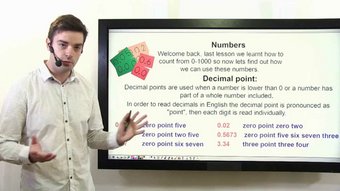

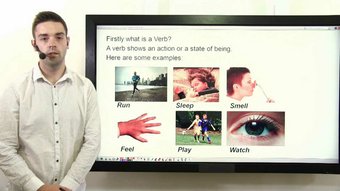



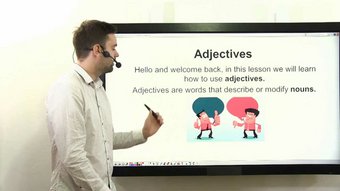
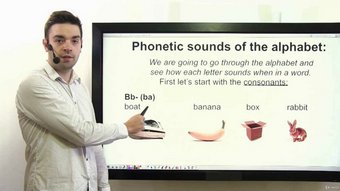

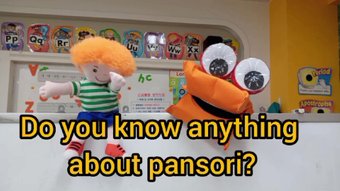
Comments:
Reply:
To comment on this video please connect a HIVE account to your profile: Connect HIVE Account